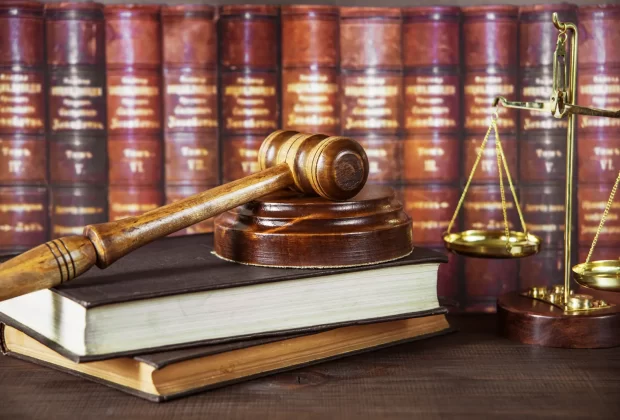All citizens in the country must understand criminal law, so they can make informed decisions when they face legal issues. But a lot of misconceptions about the justice system exist, causing confusion and resulting in misunderstandings. If you are wondering if you can defend yourself in a criminal case, check this out. Also, you should consider hiring a good defense attorney who can guide you through the legal process. Your attorney will advise you against believing any of the following misconceptions:
You Can Avoid a Conviction If You Tell the Truth
Although being honest is important in most situations, telling the truth won’t protect you from the consequences of a criminal offense. In criminal law, you can face serious consequences when you admit fault such as fines, penalties, and jail time.
Remember that the country’s justice system is complex and your honesty alone won’t determine the outcome of your case. Factors such as how strong the case of the prosecution is, your legal representation, and the discretion of the judge play a role in determining your case’s consequences. So, before you talk to the police and tell them the truth, consult with a lawyer first. Your attorney knows the best course of action to take.
Doing Something Morally Right Helps You Avoid Negative Legal Consequences
Just because you do something morally right does not mean the law won’t punish you. Sometimes, the law is not synonymous with morality. In fact, doing what’s morally right may even result in criminal charges. For instance, blowing the whistle about illegal practices in your workplace may be morally right, but you may also face criminal charges in the process.
It is important to understand the legal consequences of each of your actions to avoid criminal charges. Speak with a lawyer if you are not sure about the lawfulness of your actions.
Law Enforcement is Always Concerned About Your Best Interest
Although law enforcement officers should maintain law and order, some of them can have personal opinions and biases. Thus, you should not think that they are always on your side during arrests or investigations. Police officers are focused on gathering evidence, which can include questioning you and any available witnesses. You can expect them to employ various techniques to obtain information.
Sometimes, police officers may try to get a confession or collect evidence illegally or unethically. For instance, they may manipulate tactics like using force to get a confession or laying about a piece of evidence in their possession.








